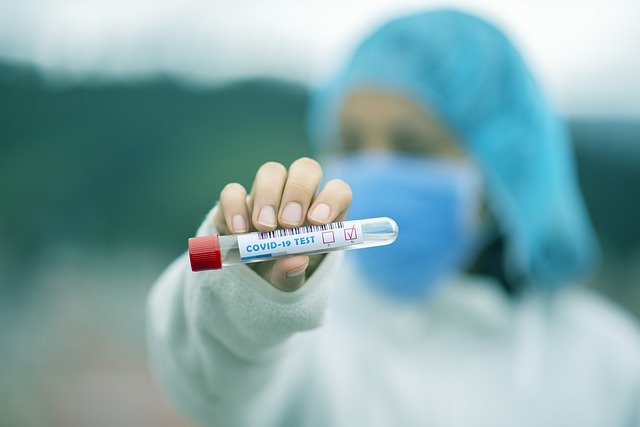As the focus was on stepping up the testing to fight COVID-19, the premier Centre for Cellular and Molecular Biology (CCMB) here has developed a time and cost effective process that can enhance the country's existing capacity of RT-PCR screening several folds.
It eliminates the time-consuming RNA extraction in testing and imported viral transfer medium (VTM), required to transfer the swab samples once obtained from patients, said a top official of the CCMB, part of the Council of Scientific and Industrial Research (CSIR) under the Union Science and Technology Ministry. In the new method, the samples need not be put through the VTM and would be ready for the Reverse Transcriptase- Polymerase Chain Reaction (RT-PCR) test within minutes in dry forms, CCMB Director Rakesh Mishra said. "You can say, (the method involves) transporting the sample without VTM and eliminating RNA extraction step in the testing that will save time and money and enhance the capacity by several fold of the existing setup. So, you can now handle large number of samples, go straight for the RT-PCR," he told PTI. Mishra said the proposal has been sent to the Indian Council of Medical Research (ICMR) for approval. Explaining the process, Mishra said at present the RT-PCR test involved isolation of ribonucleic acid (RNA), a substance present in all living cells and carries genetic information of the organism necessary for life, and its preparation for detection.
The researchers at CCMB, actively involved in fighting COVID-19 in the country at multiple fronts such as validating kits and devising newer strategies to test the virus, have been trying to see if RNA isolation can be avoided as the process was time-consuming and now come out with new method. When the swab comes to the lab, a regularly used very cheap buffer is added to it. After a process of heating the sample at 98 degrees for six minutes, it would be ready for the RT-PCR test. This way, the RNA extraction step would be completely eliminated, Mishra said. The dry swab can be sent to the test centres as the virus can remain stable at four degrees for several days, Mishra said, adding this meant the cost of VTM would be saved.
Source: PTI
